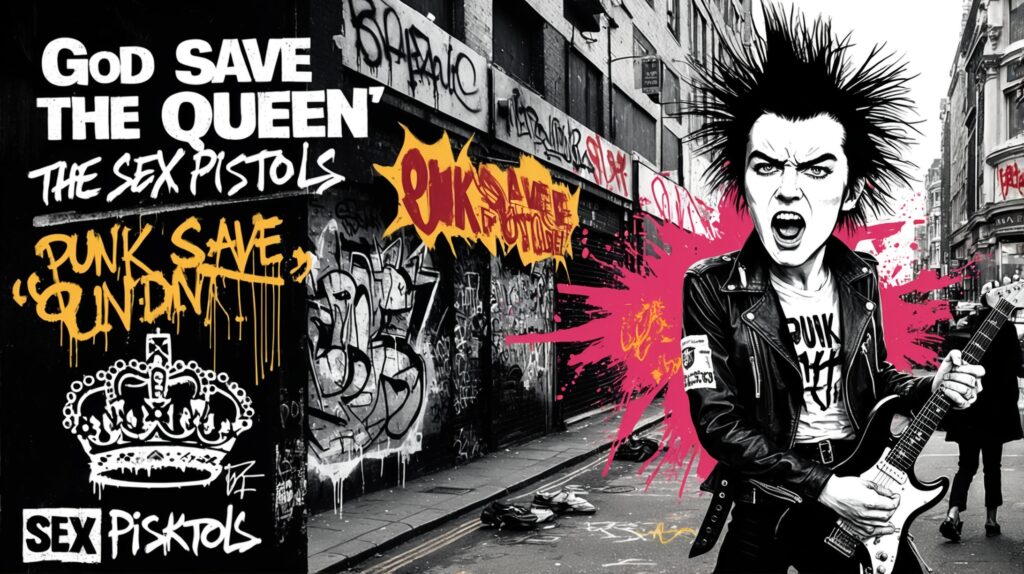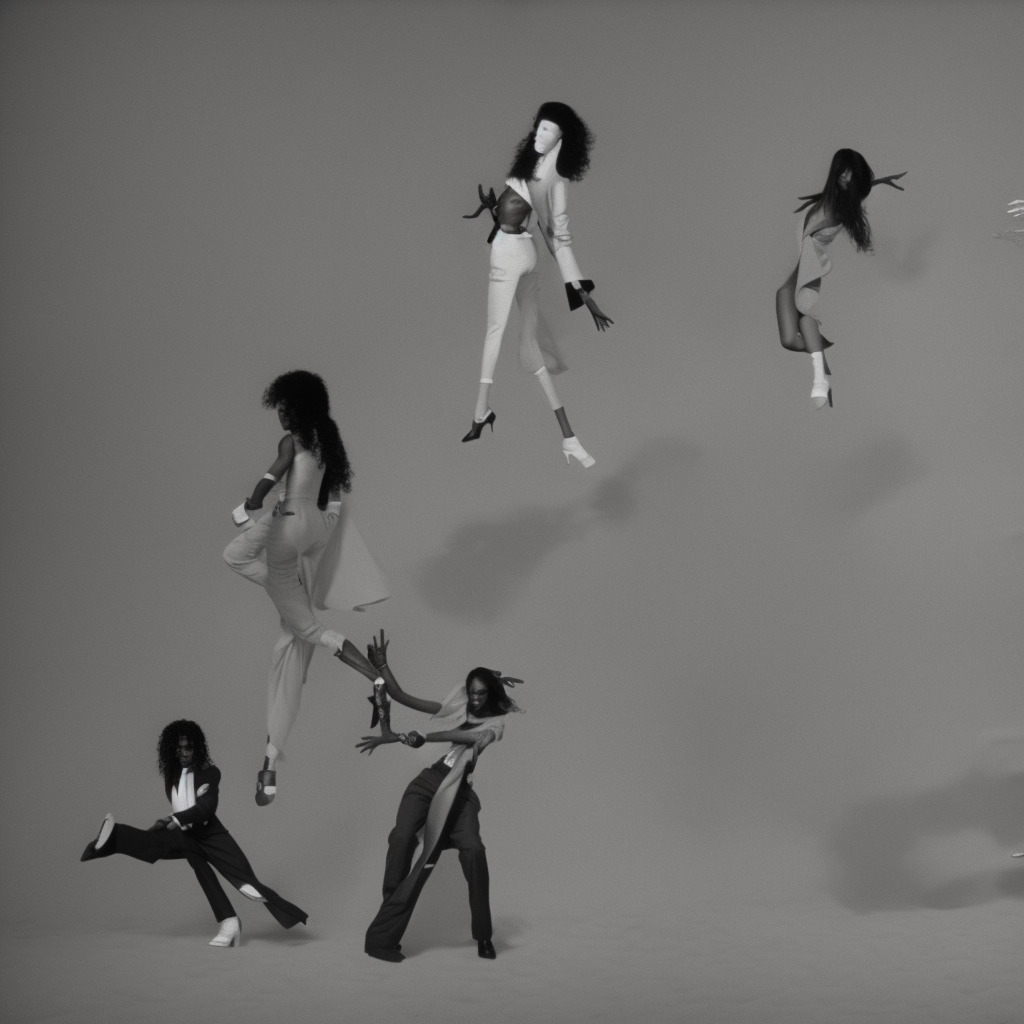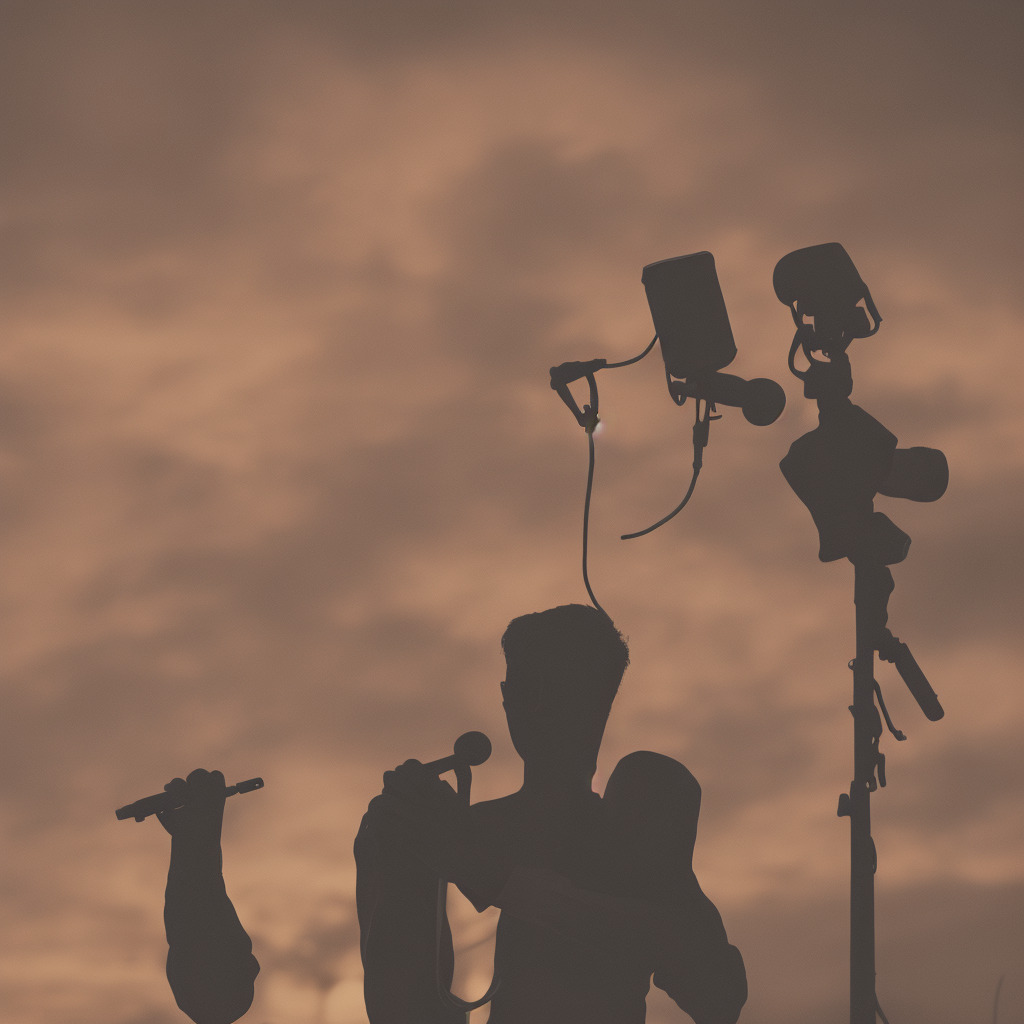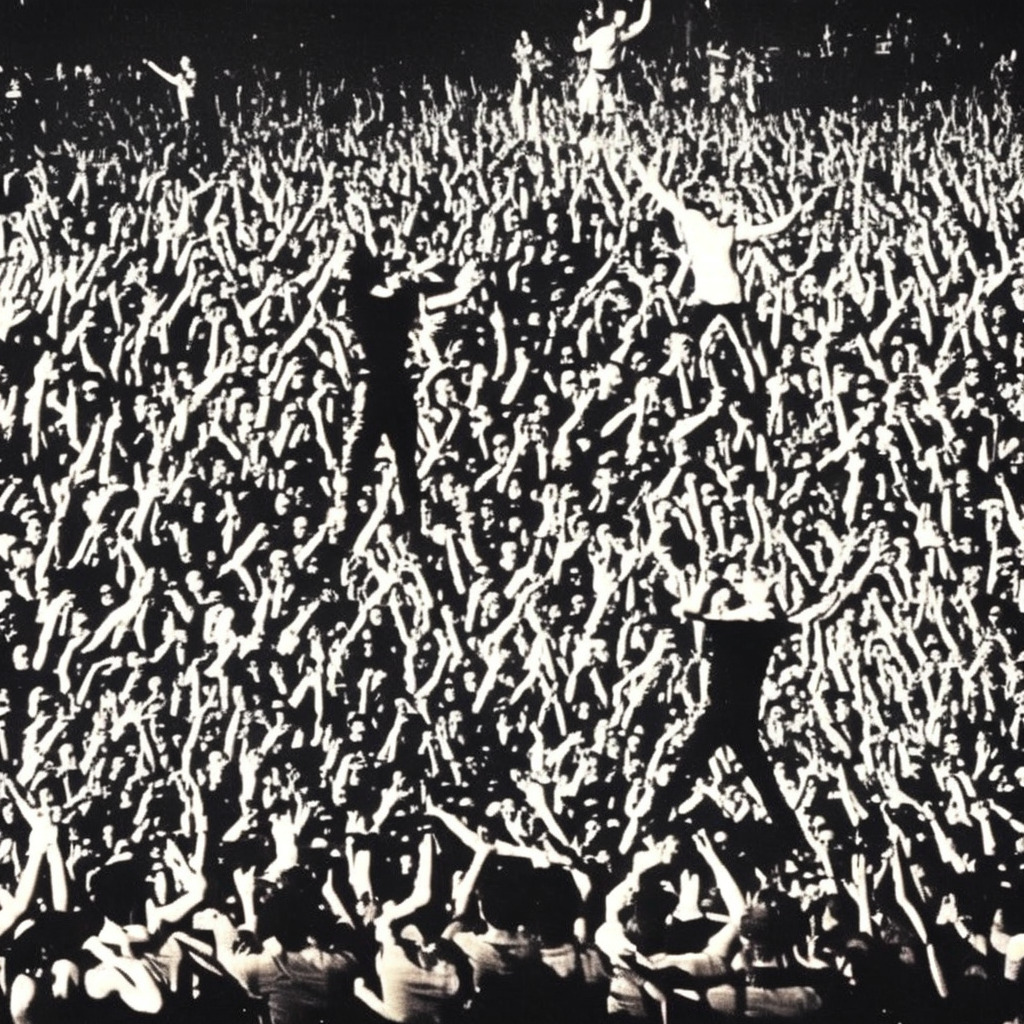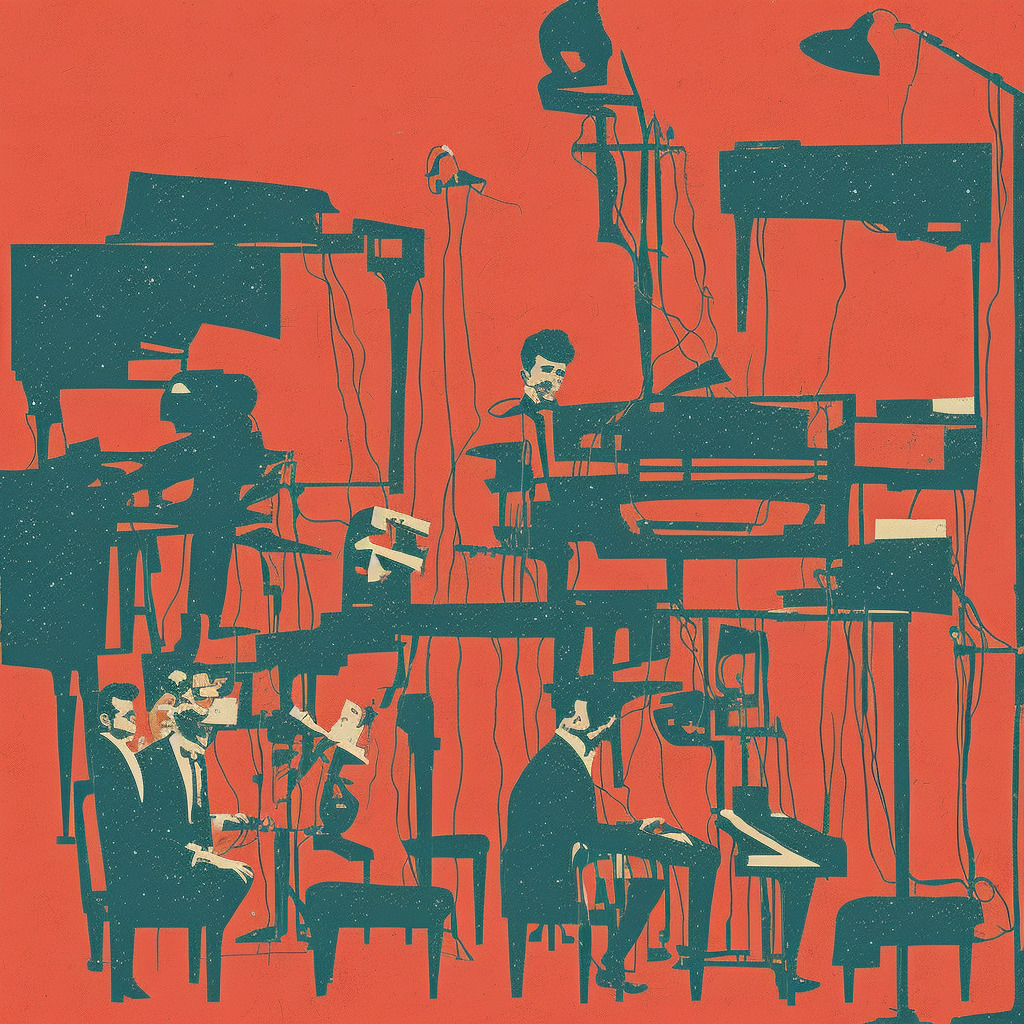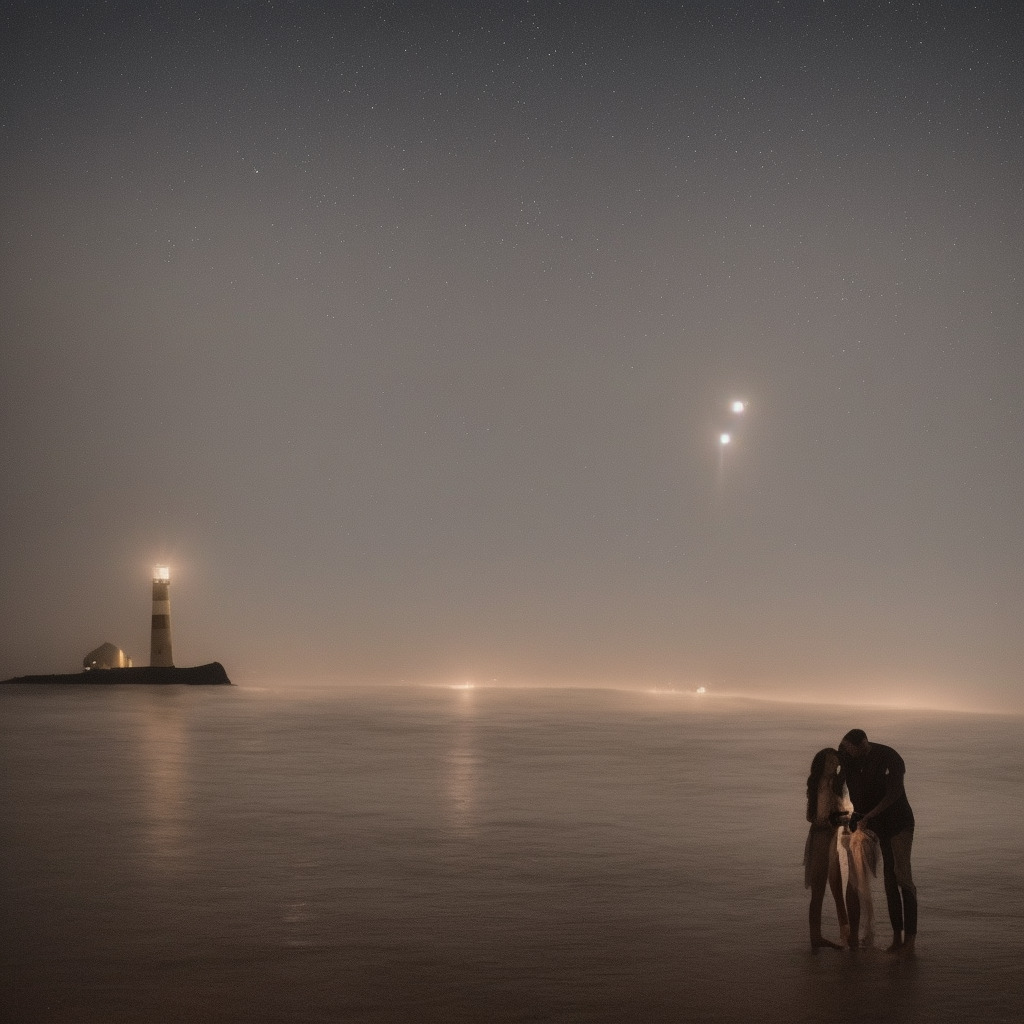Sex Pistols: Icons of Punk Rebellion
Delve into the creation and significance of the Sex Pistols, the iconic punk ensemble that reshaped music history with their rebellious spirit.
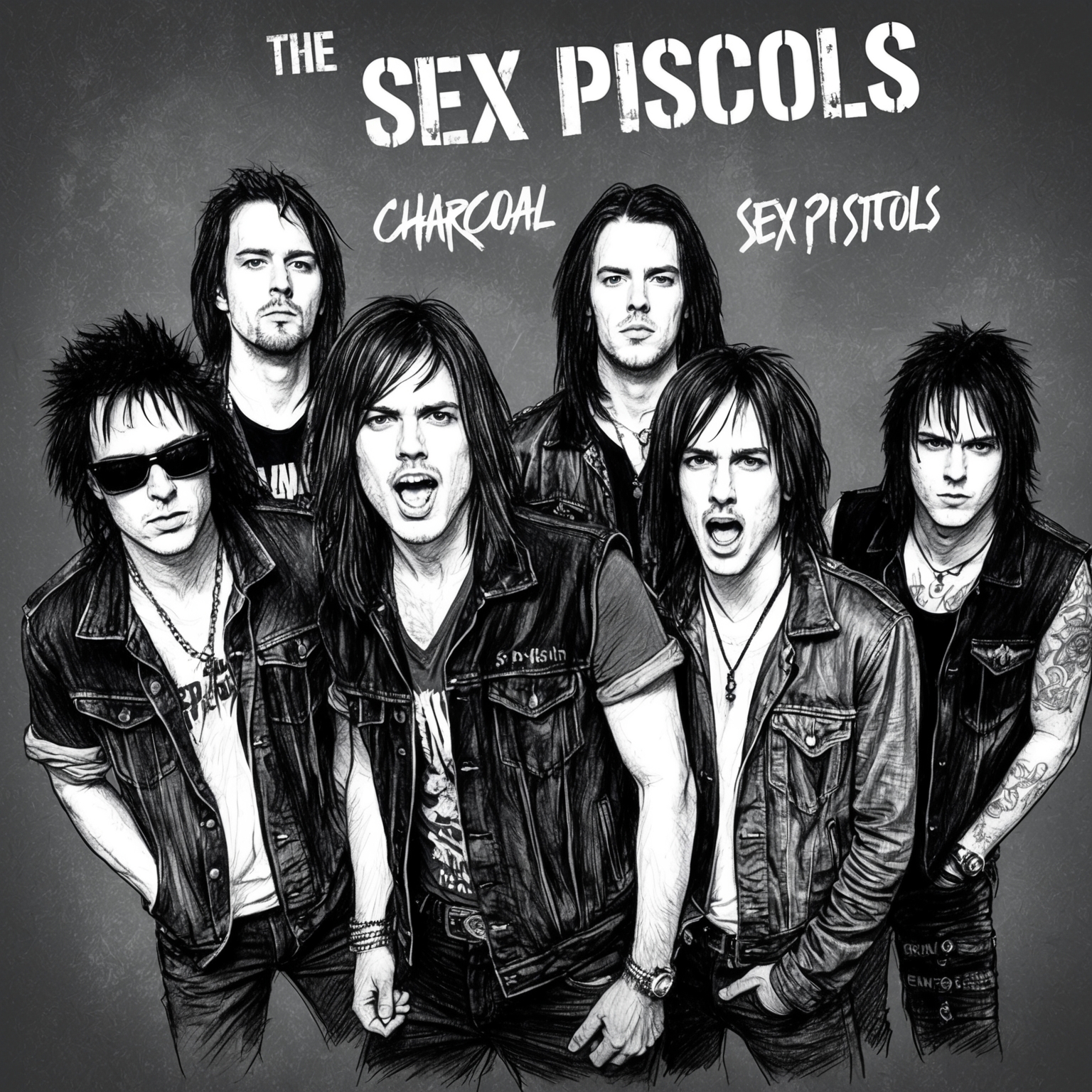
The Sex Pistols, an English punk rock band formed in London in 1975, stand as symbols of rebellion and counterculture. Known for their provocative antics and revolutionary sound, they left an indelible mark on the music scene. “God Save The Queen” is arguably their most infamous anthem, serving as a cultural rallying cry against conformity and the establishment during the jubilant yet conservative British Jubilee year of 1977.
The inception of the band was marked by the unique creative partnership between manager Malcolm McLaren and the original members, Johnny Rotten (John Lydon), guitarist Steve Jones, drummer Paul Cook, and bassist Glen Matlock, later replaced by Sid Vicious. The Sex Pistols emerged at a time when the music industry was ripe for change. Their raunchy riffs, provocative lyrics, and anarchic energy soon caught the attention of the youth who felt disenchanted with the status quo.
Witnessing their meteoric rise, it’s clear how much “God Save The Queen” defined the era. The anthem wasn’t just a song; it was a sonic weapon aimed at the heart of British conservativism, released during the Queen’s Silver Jubilee when nationalism was at a peak. The backdrop of social and economic unrest provided the perfect storm for the Pistols to become cultural icons, and their anthem became a signature piece in their journey of crafting a legacy.
Exploring the Mind Behind the Music
Explore the pivotal role of Steve Jones in composing the legendary punk anthem “God Save The Queen.” From his raw guitar riffs to his rebellious musical influences, discover how Jones helped craft the Sex Pistols’ defiant sound.
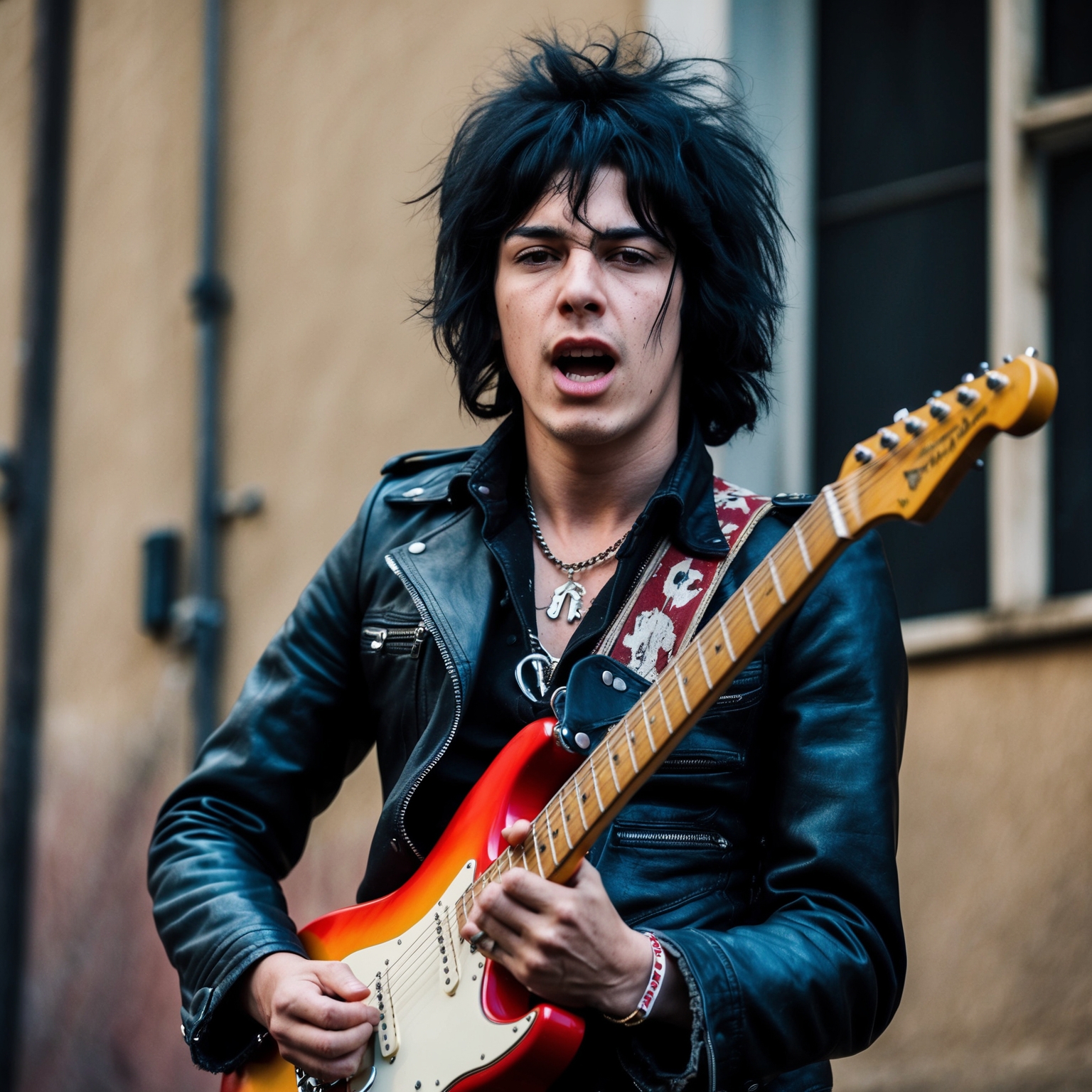
When talking about the groundbreaking track “God Save The Queen” by the Sex Pistols, it is crucial to delve into the minds behind its creation. The composition of this legendary punk anthem is primarily credited to two figures: Johnny Rotten (John Lydon) and Steve Jones. While Rotten was responsible for the provocative lyrics, it was Steve Jones, the band’s guitarist, who shaped the chaotic and raw musical landscape for which the song is renowned.
Steve Jones emerged from the rough and unpredictable punk scene of the 1970s as a self-taught guitarist who infused raw energy and defiance into his music. Though not classically trained, his intuitive approach and sheer audacity drove the band’s sound, characterized by its aggressive guitar riffs and relentless rhythm. Jones’ musical style was heavily influenced by early rock \’n\’ roll and the glam rock era, with bands like the New York Dolls and Iggy Pop playing significant roles in shaping his sonic identity.
Jones’ collaboration with the other members of the Sex Pistols was vital in crafting the band’s distinct identity. His work on “God Save The Queen” exemplifies his ability to match the stark and rebellious lyrics with equally potent music. The electric guitar work on this track is foundational, propelling the song’s anarchistic energy. Together with Rotten’s scathing lyrics, Jones’ music provided a soundtrack for a generation ready to challenge the status quo.
Recognition and Reverberations of a Punk Anthem
More than just a song, ‘God Save The Queen’ by Sex Pistols unraveled a medium for rebellion and influence, covered by notable artists and featured in films and games.
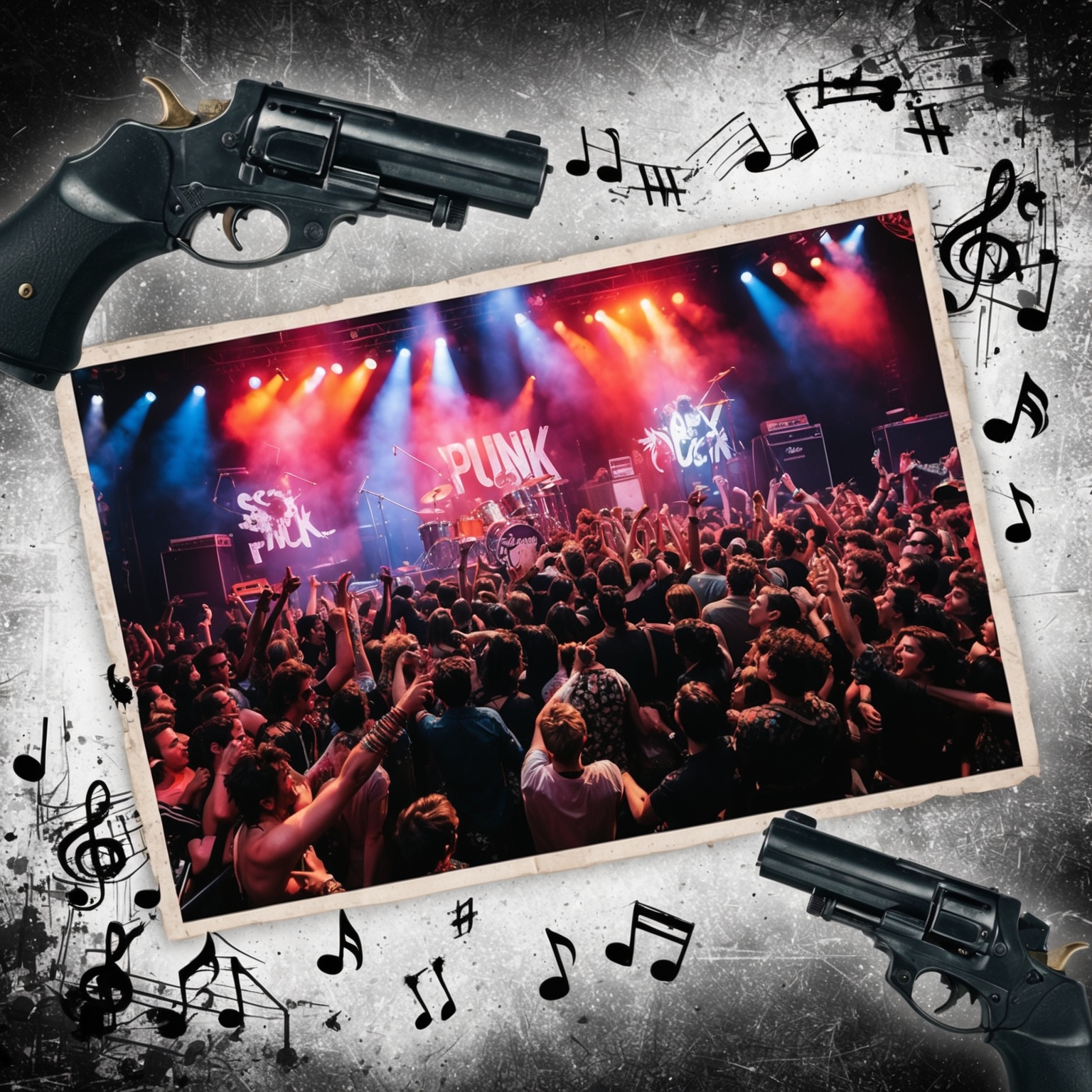
Released in 1977, the Sex Pistols’ “God Save The Queen” is an iconic piece of punk rock history that stirred waves both musically and culturally. While the song itself did not receive traditional music awards, its influence and impact were undeniable, provoking strong reactions from both the establishment and the public. Its defiant nature and controversial subject matter made it a centerpiece in the punk movement and solidified its place in music history as a timeless anthem of rebellion.
Many artists have recognized the cultural weight carried by “God Save The Queen,” covering it in various forms over the decades. Among the notable covers includes legendary musicians like Motörhead and Anthrax, each adding their unique flair while paying homage to the original. These covers helped to further the reach of the song, introducing it to new generations of listeners and keeping its rebellious spirit alive.
“God Save The Queen” has also made its mark on popular culture through appearances in films, TV shows, and video games. The song has been featured in movies like ***Sid and Nancy,*** which chronicled the chaotic lives of the band members, bringing the gripping sound and revolutionary message of the Sex Pistols to the silver screen. Its inclusion in these mediums continues to highlight its enduring relevance and potent energy, a true testament to its status as a landmark in the world of rock music.
Rebellion on the Charts: ‘God Save the Queen’ Makes Waves
Explore the chart success and cultural impact of ‘God Save the Queen’ by the Sex Pistols, a track that defied convention and stirred controversy.

‘God Save the Queen’ by the Sex Pistols is a track that challenged the norms both musically and socially, and its performance on the charts reflected its disruptive nature. Released on May 27, 1977, just ahead of the Queen’s Silver Jubilee, the song was controversial from the outset. Despite being banned by the BBC and virtually absent from official playlist rotations, it managed to claw its way up to the UK Singles Chart.
On its release, ‘God Save the Queen’ quickly climbed to the number two spot, an impressive feat given the suppression it faced. Rumor has it that it was deliberately held from the top position, fueling its status as an anthem of defiance. The song’s bold and anti-establishment message resonated so deeply that many argue it reached number one in reality, unofficially.
The chart performance of this track was unlike any other of its time. While its peak position was number two, its influence far exceeded mere chart metrics. It was not a typical commercial success by traditional standards, but it propelled the Sex Pistols into the forefront of punk rock and etched their name in music history. Marketing and word-of-mouth among fans, rather than conventional promotion, played a pivotal role in its ascent, establishing a legacy that continues to influence musicians today.
Visuals that Defined Punk Rebellion
God Save The Queen’ vividly captures the punk essence through its raw visual style, live performances, and cultural imagery, despite lacking a formal music video.
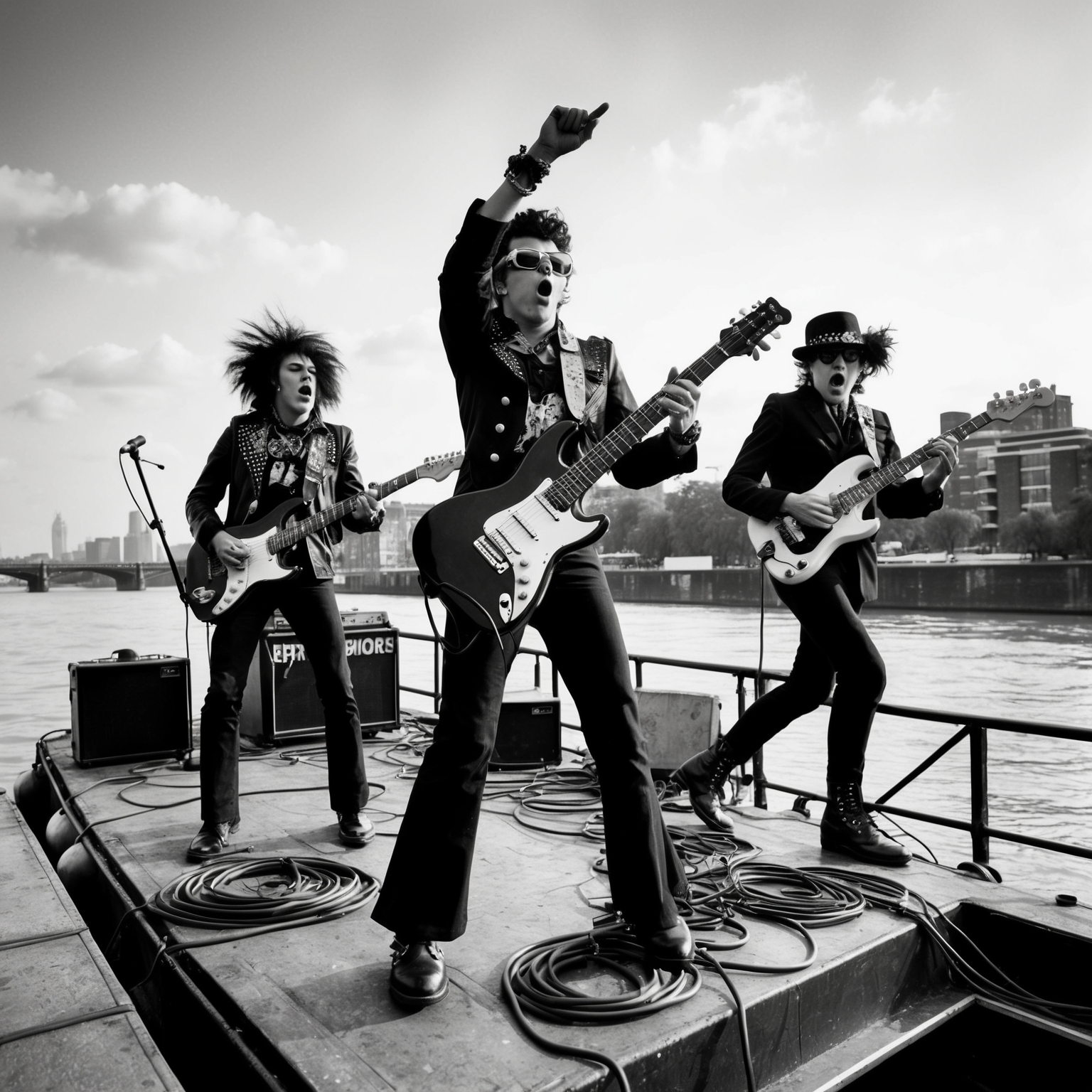
Sex Pistols’ ‘God Save The Queen’ music video may not follow the conventional path of modern, polished music videos we are accustomed to. Instead, the essence of the song’s visuals is captured through its raw punk aesthetic. The band embraced the rebellious theme by appearing in various spontaneous performances and interviews that circulate widely on media platforms. Such moments provided the necessary visual imagery linked with the track, amplifying its impact without a traditional music video.
The rebellious energy of the song is often visually represented through motifs of British monarchy symbolism juxtaposed with the rawness of punk culture. The visuals emphasize anarchy, a recurrent theme throughout the punk movement, capturing the public’s imagination and further placing the Sex Pistols into cultural and historical contexts.
While no official music video was produced, several live performances of ‘God Save The Queen’ and fan-made videos contribute significantly to its lasting popularity. Their infamous boat performance on the River Thames during Queen Elizabeth II’s Silver Jubilee exemplifies how these live versions served as a forceful visual for the song’s message, creating a spectacle that resonated with fans and media alike. Photos and footage from this performance are often used as visual stand-ins for the song.
Exploring the Architecture of Punk
Dive into the musical structure of “God Save The Queen” by the Sex Pistols, an anthem driven by raw energy and simplicity, capturing the essence of the punk movement with its aggressive chords, rhythm, and instrumentation.
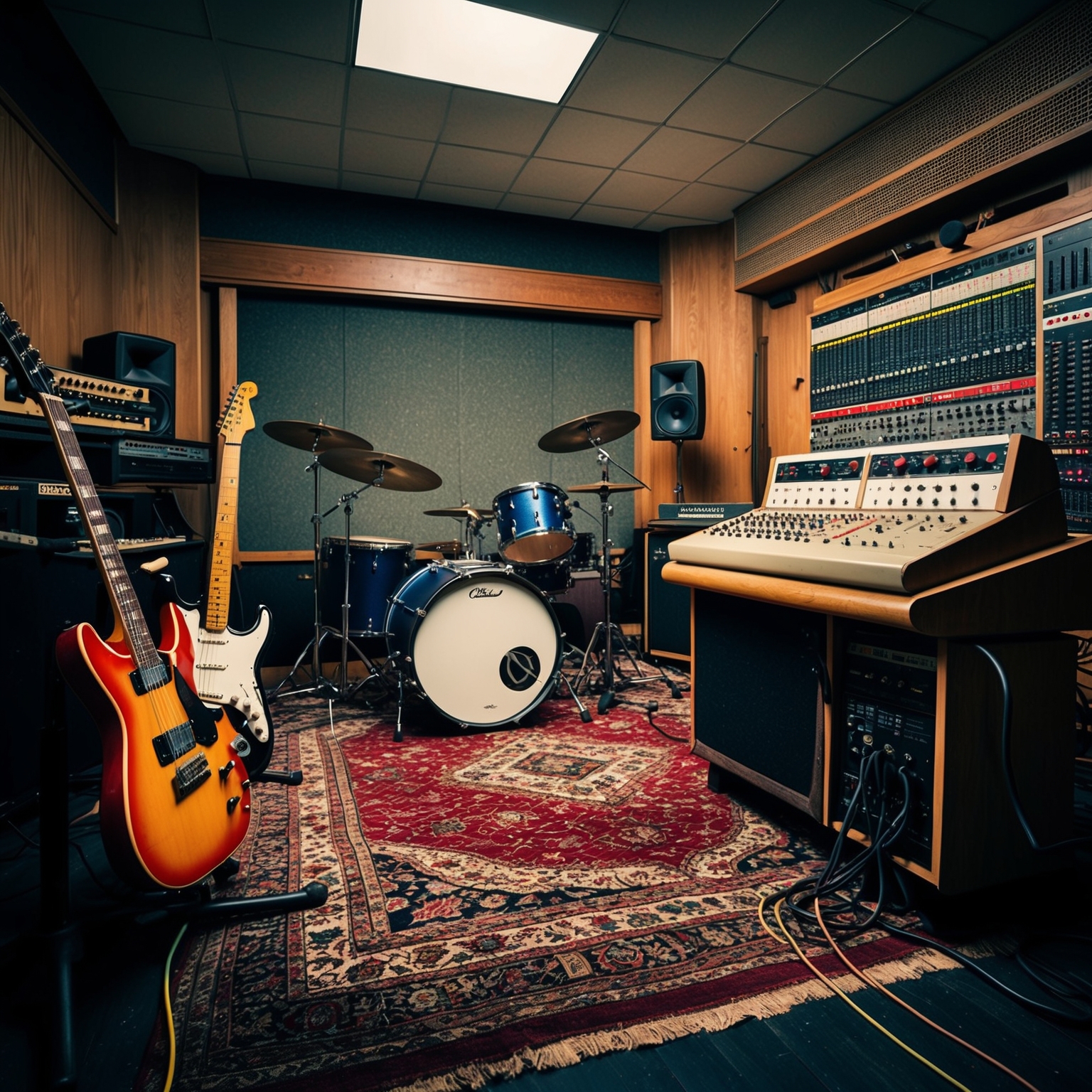
The Sex Pistols’ “God Save The Queen” is a punk anthem that resonates with a chaotic yet calculated musical structure. The song, written in the key of A major, showcases a simple yet powerful chord progression that captures the raw energy and rebellious spirit of punk rock. The primary chords used in the composition are A, D, and E, which are staples in punk music for their straightforwardness and ability to drive a message home. This simple structure provides a backdrop that allows the edgy vocals to take center stage.
Rhythmically, the song maintains a brisk tempo, typical of punk music, around 136 beats per minute. The driving rhythm section, primarily carried by the bass and drums, propels the song forward with an intensity that mirrors the defiant vocal delivery. **The melody is a reflection of the era’s push against musical norms**, utilizing a more direct and confrontational approach rather than complex harmonic developments. The harmony, though minimal, serves its purpose in reinforcing the unyielding message of the song.
The instrumentation is quintessential punk – featuring electric guitar, bass, and drums – each contributing to the song’s gritty sound. The distorted guitar riffs add a raw edge, while the bass lines ground the song with depth, and the relentless drum beats keep an aggressive pace. Compared to previous compositions by the Sex Pistols, “God Save The Queen” marked a pivotal moment, consolidating the band’s signature sound characterized by defiance and simplicity. In the broader scope of their discography, it represents the height of their punk ethos, symbolizing a crystallization of their sonic and thematic perspectives.
An interesting facet of the song’s recording was its production at the well-known Wessex Sound Studios, with producer Chris Thomas at the helm. Thomas’s expertise in balancing the chaotic energy of the band with a crisp production quality allowed the song’s raw power to shine through. Anecdotes from the recording sessions often highlight the band’s notorious antics and the frenetic yet vibrant atmosphere in the studio, further embedding the song’s place in punk rock lore.
A Defiant Anthem Against Conformity and Monarchy
This section delves into the provocative and rebellious lyrics of “God Save The Queen” by the Sex Pistols, exploring themes of political defiance, societal critique, and the use of literary devices that intensify its message.
The fascist regime
They made you a moron
A potential H bomb
God save the Queen
She ain’t no human being
There is no future
In England’s dreaming
Don’t be told what you want, you want
And don’t be told what you want to need
There’s no future, no future
No future for you
God save the Queen
We mean it, man
We love our Queen
God saves
…
******* This Lyrics is NOT for Commercial use *******
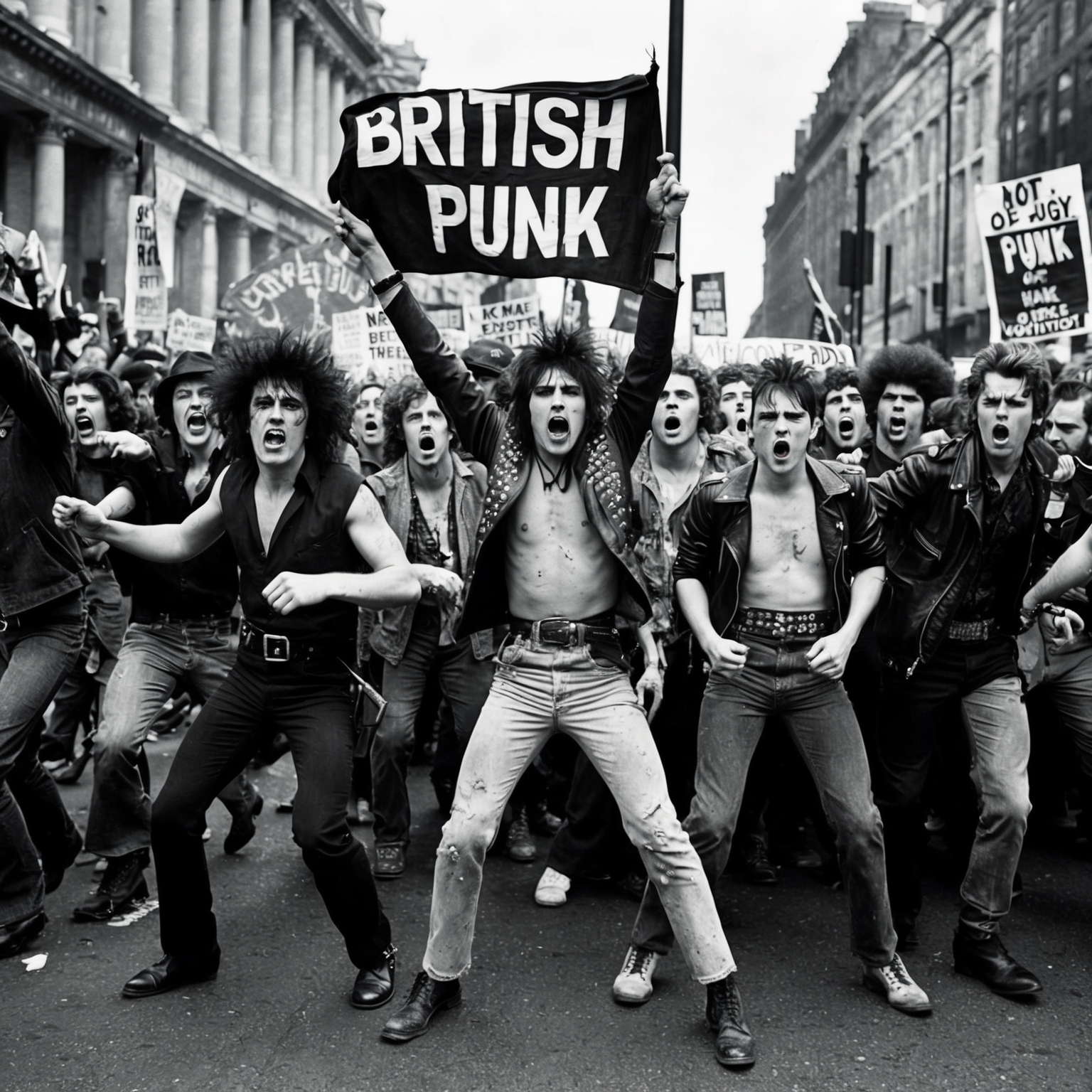 Lyrical Themes and Messages: The lyrics of “God Save The Queen” by the Sex Pistols serve as a powerful critique of societal and political institutions, particularly in the context of 1970s Britain. The song is imbued with a rebellious spirit, challenging the monarchy—an institution often perceived as untouchable. Its main themes are political and social, reflecting the frustration of a generation with the status quo. The line “there is no future in England’s dreaming” underscores a sense of disillusionment and hopelessness, sentiments that resonated with many during the economic and social turmoil of the period.
Lyrical Themes and Messages: The lyrics of “God Save The Queen” by the Sex Pistols serve as a powerful critique of societal and political institutions, particularly in the context of 1970s Britain. The song is imbued with a rebellious spirit, challenging the monarchy—an institution often perceived as untouchable. Its main themes are political and social, reflecting the frustration of a generation with the status quo. The line “there is no future in England’s dreaming” underscores a sense of disillusionment and hopelessness, sentiments that resonated with many during the economic and social turmoil of the period.
Narrative and Storytelling: Written from a collective first-person perspective, the song’s narrative style reflects the collective angst and defiance of the punk movement. Rather than telling a traditional story, the lyrics present a series of provocative statements and observations, intentionally designed to stir up emotions and provoke thought. This narrative approach contributes to the song’s overall impact by allowing listeners to see themselves as part of a larger countercultural movement.
Use of Literary Devices: The Sex Pistols employ a range of literary devices to enhance the potency of their lyrics. Metaphors and stark imagery, such as describing the government as a “fascist regime,” intensify the message of oppression and dissatisfaction. Repetition, particularly of the phrase “no future,” serves to drive home the bleak outlook and emphasizes the urgency of their message. These devices ensure the song is not only memorable but also a rallying cry for those disenchanted with societal norms.
Cultural and Social References: The song’s cultural reference to Queen Elizabeth II is both direct and audacious. It daringly critiques the reverence often afforded to regal figures, questioning the relevance and humanity of the monarchy itself with the line “She ain’t no human being.” This fierce criticism of a national institution greatly contributed to its notoriety, sparking debates about censorship and freedom of speech. Different audiences could view this as either an affront to tradition or a brave challenge to outdated structures.
Controversies and Misinterpretations: Upon release, “God Save The Queen” was steeped in controversy, as many interpreted it as an attack on the monarchy itself rather than a critique of British society. This misunderstanding played into the hands of the punk ethos, which thrives on challenging norms and confronting authority. Ironically, the song’s perceived disrespect elevated its status as an anthem against censorship and repression.
Emotional Impact and Relatability: The raw energy and fervent delivery of the lyrics invoke feelings of anger, disillusionment, and rebellion. For many listeners, it captures the zeitgeist of a turbulent era, offering solidarity for those questioning their place within the societal structure. The song’s emotional resonance and honest critique have helped it maintain its relevance and appeal even decades after its initial release.
🎸 Did you know? God Save The Queen by the Sex Pistols was banned by the BBC, yet still rocked its way to #2 on the UK charts! 🤘🇬🇧 #PunkRebellion #SexPistols #MusicTrivia https://bit.ly/4eV7bDX
Click to Tweet

